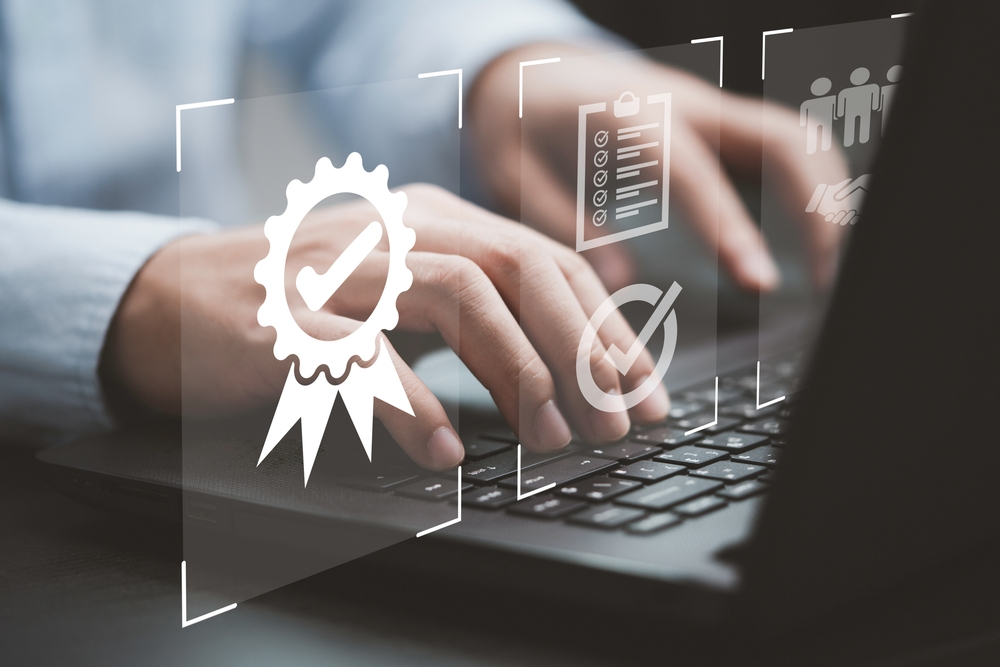Essential Computer Security Services Every Business Needs
In today’s digital landscape, businesses face a plethora of cyber threats that can compromise sensitive data, disrupt operations, and tarnish reputations. To mitigate these risks, it’s crucial for every business to implement robust computer security services. This blog will outline the essential computer security services every business needs to protect its digital assets and ensure operational continuity.
Understanding Computer Security Services
Computer security services encompass a range of measures designed to protect computer systems, networks, and data from cyber threats. These services include everything from antivirus software and firewalls to advanced threat detection systems and data encryption.

Key Computer Security Services
1. Antivirus and Anti-Malware Software
Antivirus and Anti-Malware Software
Antivirus and anti-malware software are fundamental components of computer security. These programs are designed to detect, prevent, and remove malicious software from your systems.
Benefits of Antivirus and Anti-Malware Software
- Real-Time Protection: Continuously monitors your systems for threats and provides immediate protection.
- Comprehensive Scanning: Regularly scans your systems to detect and eliminate malware.
- Threat Removal: Safely removes detected threats to prevent damage to your systems.
Top Antivirus Solutions
Consider solutions from providers such as Norton, McAfee, and Kaspersky.
2. Firewalls
Firewalls
Firewalls act as a barrier between your internal network and external threats. They monitor and control incoming and outgoing network traffic based on predetermined security rules.
Types of Firewalls
- Hardware Firewalls: Physical devices that provide a robust layer of security.
- Software Firewalls: Applications installed on individual devices to monitor and control traffic.
Leading Firewall Providers
Consider firewalls from Cisco, Fortinet, and Palo Alto Networks.
3. Intrusion Detection and Prevention Systems (IDPS)
Intrusion Detection and Prevention Systems (IDPS)
IDPS are crucial for identifying and responding to potential threats in real-time. These systems monitor network traffic for suspicious activity and can automatically take action to prevent or mitigate threats.
Functions of IDPS
- Intrusion Detection: Identifies potential security breaches.
- Intrusion Prevention: Takes proactive measures to block detected threats.
- Continuous Monitoring: Provides ongoing surveillance of network activity.
Recommended IDPS Solutions
Leading solutions include Snort, Suricata, and OSSEC.
4. Data Encryption
Data Encryption
Data encryption is a critical security measure that ensures sensitive information is protected both in transit and at rest. Encryption converts data into a secure format that can only be read by authorized users.
Types of Encryption
- Symmetric Encryption: Uses a single key for both encryption and decryption.
- Asymmetric Encryption: Uses a pair of keys (public and private) for encryption and decryption.
Top Encryption Tools
Consider tools such as VeraCrypt, BitLocker, and ProtonMail for secure communication.
5. Endpoint Protection
Endpoint Protection
Endpoints, including laptops, smartphones, and tablets, are common targets for cyber attacks. Endpoint protection platforms (EPP) provide comprehensive security measures to protect these devices.
Features of Endpoint Protection
- Antivirus and Anti-Malware: Protects against malicious software.
- Endpoint Detection and Response (EDR): Provides real-time monitoring and response to threats.
- Data Encryption: Ensures data stored on endpoints is secure.
Leading Endpoint Protection Solutions
Top solutions include Symantec Endpoint Protection, CrowdStrike Falcon, and McAfee Endpoint Security.
6. Identity and Access Management (IAM)
Identity and Access Management (IAM)
IAM solutions manage and control access to critical resources within your organization. They ensure that only authorized users can access sensitive data and systems.
Key IAM Features
- User Authentication: Verifies user identities through various authentication methods.
- Access Control: Defines and enforces access policies based on user roles.
- Audit and Reporting: Provides detailed logs and reports on access activities.
Recommended IAM Solutions
Consider solutions from Okta, Microsoft Azure Active Directory, and IBM Security Identity Governance and Intelligence.
Conclusion
Implementing essential computer security services is vital for protecting your business from cyber threats. By utilizing antivirus software, firewalls, IDPS, data encryption, endpoint protection, and IAM solutions, you can safeguard your digital assets and ensure business continuity.
For expert assistance in enhancing your cybersecurity measures, consider contacting us.
For further reading on computer security services, visit Cybersecurity & Infrastructure Security Agency (CISA), NIST’s Cybersecurity Framework, and SANS Institute’s Information Security Resources.
Read more related articles to enhance your knowledge


